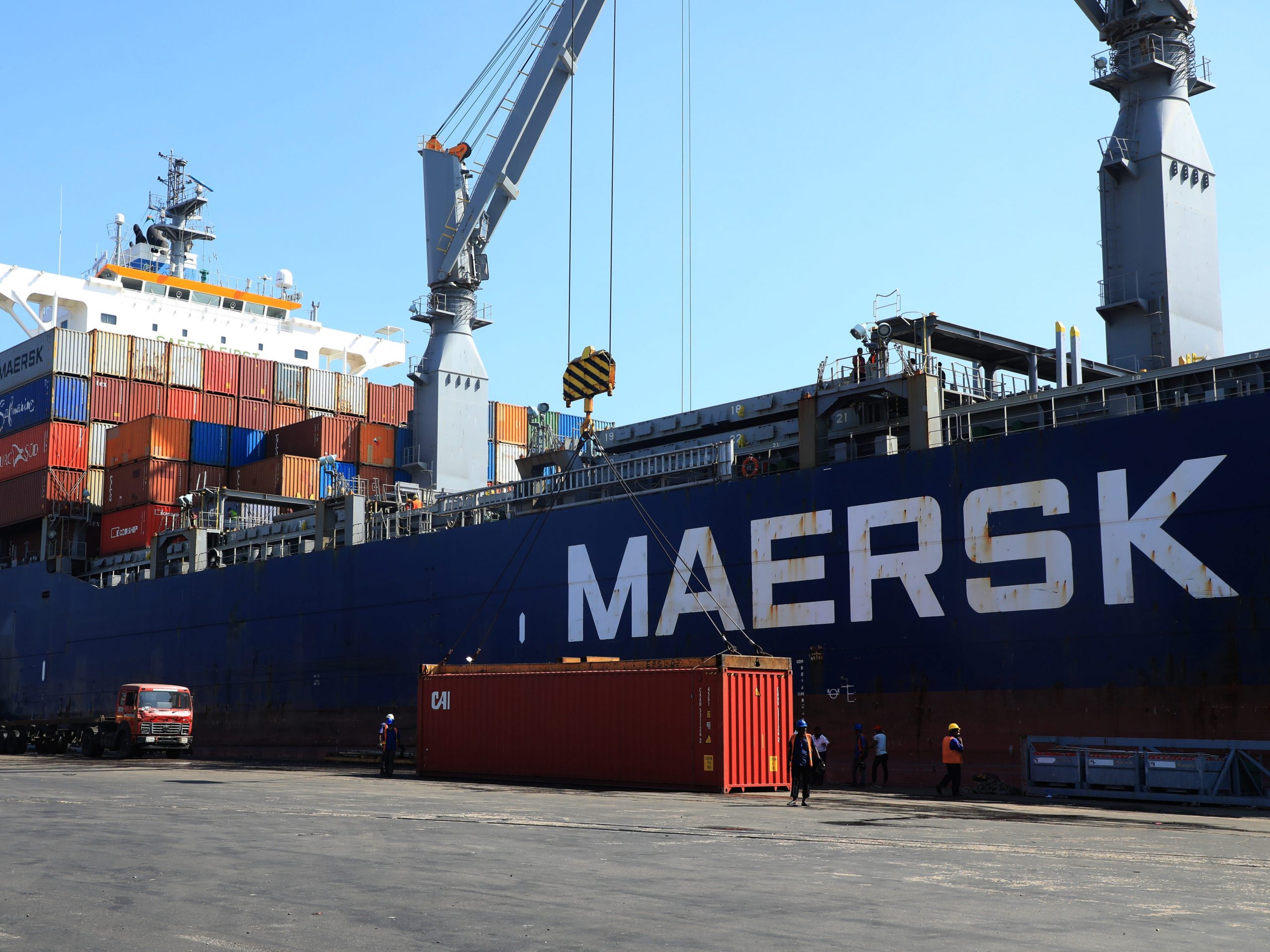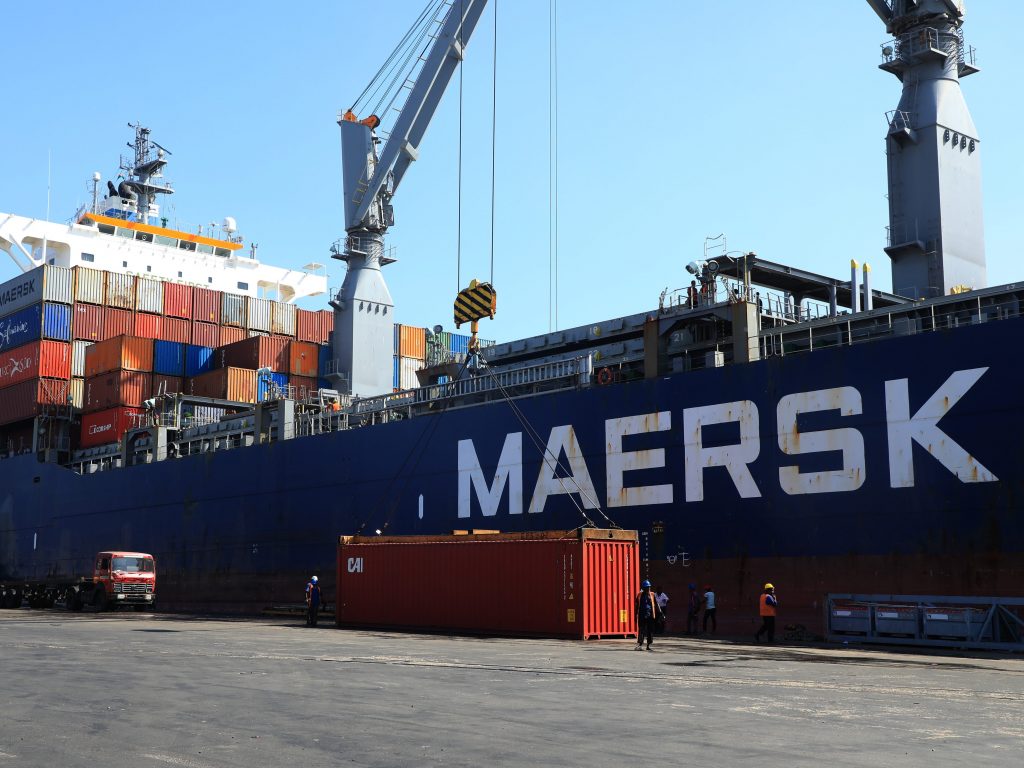
- Large companies, like Maersk, are transitioning to cleaner fuels, but existing supplies are limited.
- Wastefuel, an energy company, has agreements to develop low-carbon fuels for companies, like Maersk.
- Wastefuel believes demand for low-carbon fuels can help it become as large as BP in 10 years.
Chances are that if you bought a couch, appliance, or anything made overseas this past year, it was shipped to the US on a Maersk vessel.
To keep up with the unrelenting supply-chain crisis, the Danish shipping giant ordered eight ocean-going vessels that would run on carbon-neutral methanol in 2024. The $1.4 billion contract with South Korea's Hyundai Heavy Industries is expected to save "a million tons of CO2 every year" once the vessels are all sailing.
But fueling all those ships with "an adequate amount of carbon neutral methanol from day one in service will be challenging," Maersk said in a press release. "It requires a significant production ramp-up of proper carbon neutral methanol production."
Wastefuel, an alternative-energy company, believes there's a multibillion business opportunity in solving this problem. It estimated that it could make the company as big as the British oil and gas giant BP in 10 years, based on the growing corporate demand for fossil-fuel alternatives. Wastefuel plans to meet this demand through large-scale production of low-carbon fuels. Companies, such as Maersk, that invest in Wastefuel will later be supplied with products, such as renewable natural gas and green methanol, through large purchasing agreements, said Trevor Neilson, Wastefuel's cofounder, chairman, and CEO.
In November, early interest in Wastefuel's business vision helped the company raise $13 million in a round of early-stage funding known as a Series A. Investors included Marc Benioff, Salesforce's CEO; the oil heiress Aileen Getty; the private-jet company NetJets; and Maersk's corporate-venture division.
The US production of ethanol, biodiesel, and biofuels from corn has grown exponentially, from 900 million gallons in 1990 to about 17.4 billion gallons in 2019. But the volume needed by the shipping and aviation industries is still much larger by comparison than current production. For example, US airlines consumed 18.2 billion gallons in airline fuel in 2019.
To be sure, companies, such as Neste, are already converting used french-fry oil into renewable biodiesel. But Neilson said that approach wasn't sustainable. "There's not enough french-fry oil in the world to power all the 757s," he said, in reference to the popular Boeing aircraft.
Instead of using grease from restaurants, Wastefuel's business model is focused on using municipal and agricultural waste as the raw material that would be processed and manufactured into its three energy products.
The funding from the $13 million Series A would be used to hire engineers to conduct feasibility studies in six different places around the world, including Mexico and the Philippines. Those engineers would test the viability of 30 projects. Wastefuel intends to use the results to determine what to raise money or seek financing for in its next round of fundraising, including the construction costs of the company's biorefineries in developing countries.
The company already has offtake purchase agreements with NetJets for 100 million gallons from its refinery in the Philippines, as well as with Maersk for an undisclosed amount. "Maersk can buy every drop of methanol we produce in the world," Neilson said. "There's basically an infinite demand for low-carbon aviation fuel, low-carbon shipping fuel, and renewable natural gas."
If anything, Neilson is concerned about the speed at which other companies can make the transition to paying more for renewable fuels. Maersk said it was willing to pay more. But while CEOs made net-zero pledges at the UN climate conference in Glasgow earlier this month, fuel buyers at the same companies were grappling with the price difference between low-carbon and traditional fossil fuels.
"We need an agreed-upon green premium," Neilson said, in reference to eco-friendlier energy products, such as the ones Wastefuel was working to produce. "I think in an era where the world actually wants to address the climate emergency, there's going to be a resetting of expectations around price being the only thing that matters."
